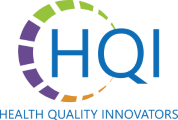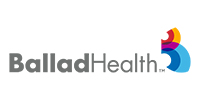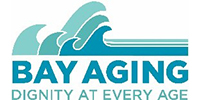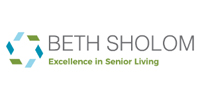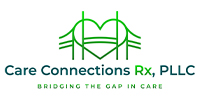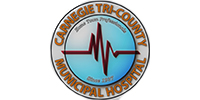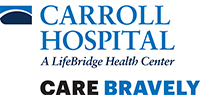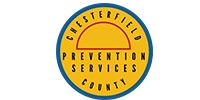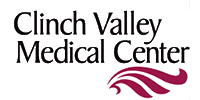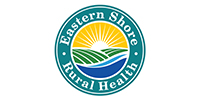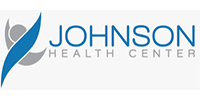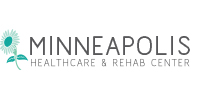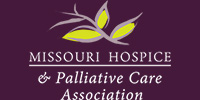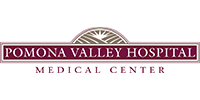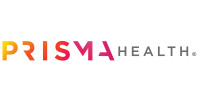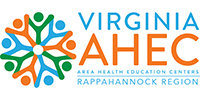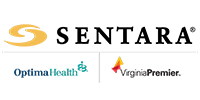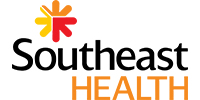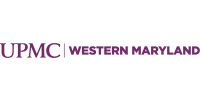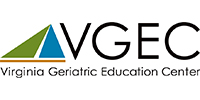The Health Equity category recognizes organizations that have successfully implemented interventions to address disparities by race and ethnicity, socioeconomic status, geographic location, disability, and/or sexual orientation across a range of conditions.
Category Winner
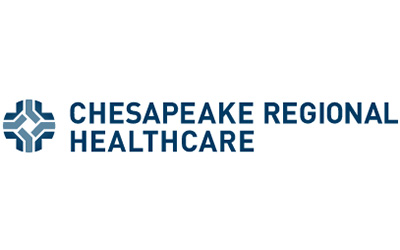
Chesapeake Regional Medical Center in Virginia determined that 75% of patients using the emergency department (ED) for primary care services multiple times in a 12-month period had some type of psychosocial issue. Additionally, 55% of those utilizing the ED for primary care were women. In an attempt to break down barriers to care and improve the health status of this at-risk population, Chesapeake launched a 6-month Women’s Wellness Health Initiative featuring resource fairs. The fairs provided free flu shots and COVID-19 vaccines, health screenings, food and educational resources. Results included a 36% increase in cholesterol screenings, a 9% increase in blood pressure checks and a 22% increase in COVID-19 vaccines. Additionally, 77% said they made dietary changes because of what they learned and 81% said their physical health has improved since attending a fair.
First Runner-Up
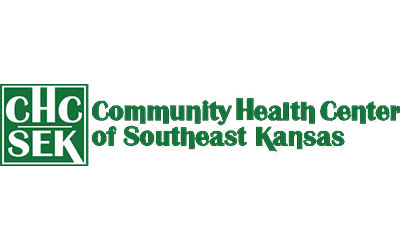
Community Health Center of Southeast Kansas (CHCSEK) implemented a Diabetes Prevention Program and a Healthy Heart Ambassador Program targeted at high-risk patients in their local community. Community health worker teams trained patients to self-monitor and prevent disease progression for diabetes and hypertension. They focused on addressing social determinants of health such as transportation, childcare, behavioral health concerns and living conditions. The teams screened patients in the clinic, delivered medications, conducted home visits, provided education and staffed a food pantry and basic needs such as diapers and baby supplies. CHCSEK is considering implementing a second cohort of the successful DPP program. They enrolled 32 patients in the first cohort of the hypertension program.
Second Runner-Up
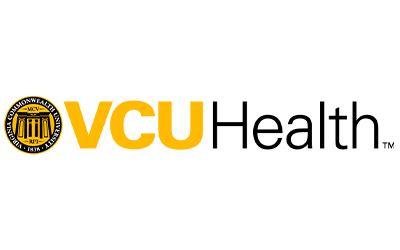
VCU Health System (VCUHS) systematically screened patients for health-related social needs to identify and address factors outside of the clinical setting that impact patients’ health. This social determinants of health (SDOH) screening program focused on Richmond-area (Virginia) Medicaid and Medicare beneficiaries for five core needs: food, housing, utilities transportation and safety. While the COVID-19 pandemic increased stress on available staff, it also heightened the awareness of health inequities and the impact of social determinants. The pandemic helped VCUHS shape the most efficient ways to offer screenings and provide resources, ultimately prioritizing screening using full-time staff. In partnership with Health Quality Innovators, VCUHS offered 21,000 screenings and provided navigation services to over 2,000 patients, resolving over 2,400 needs for those patients.
2022 Nominees
